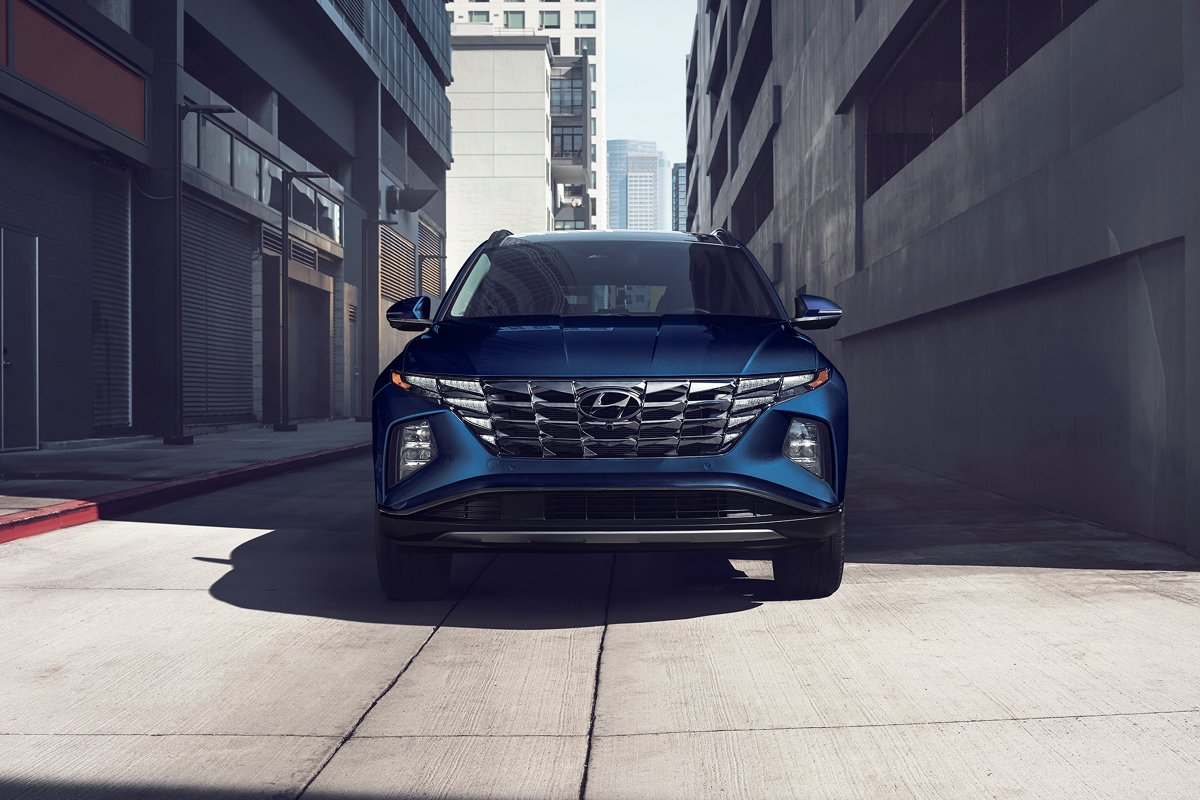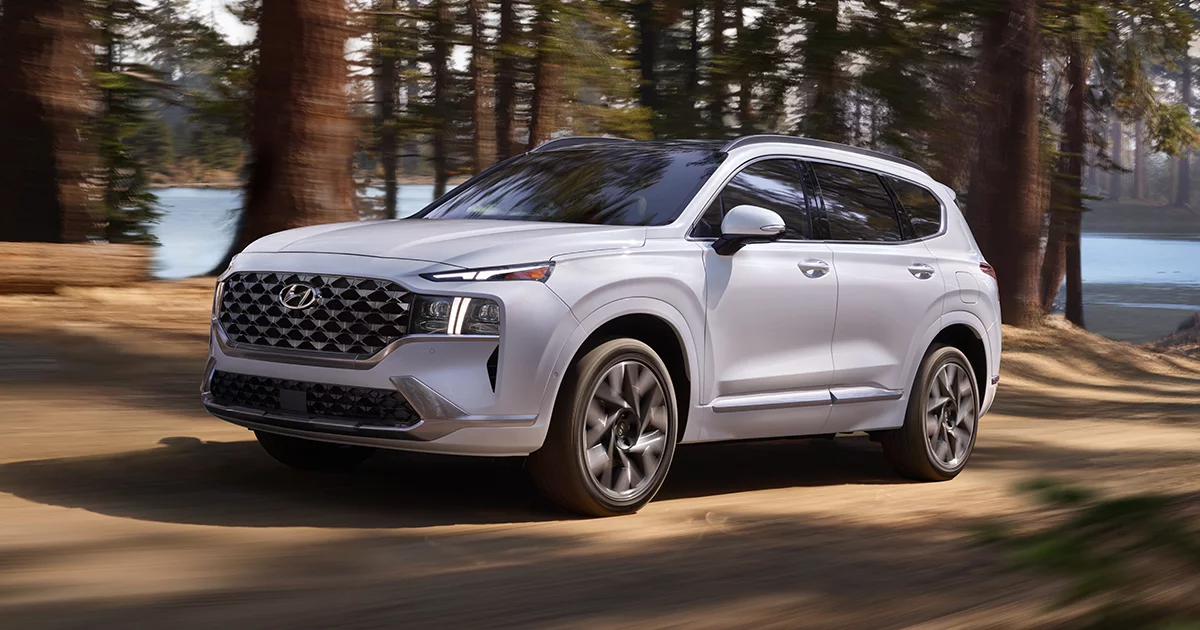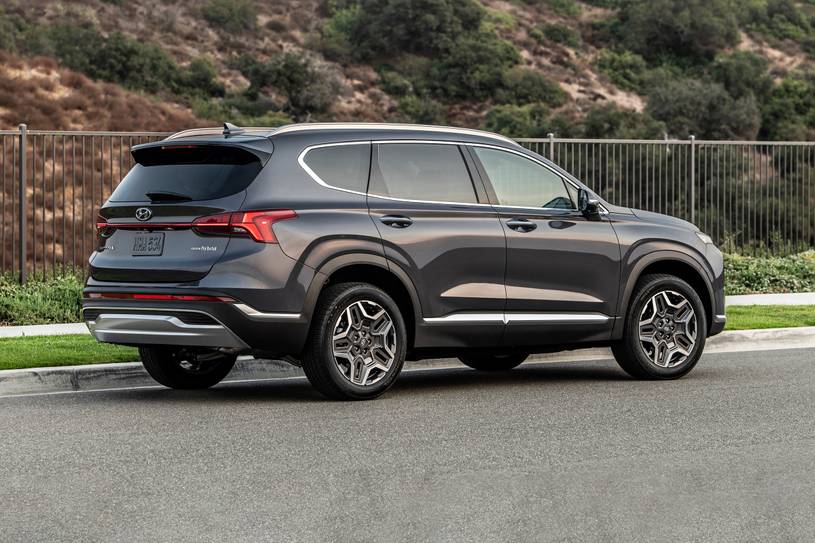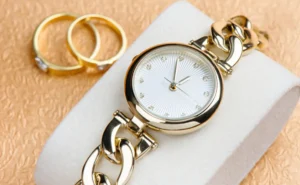
Looking to buy a used Hyundai SUV? You’re in the right place! We understand that purchasing a used vehicle can be a bit tricky.
That’s why we’ve put together a handy guide to help you. Our article will highlight the top 5 things you should look for to ensure you get a fantastic deal on your used Hyundai SUV.
Let’s make your car-buying experience smooth and enjoyable!
Vehicle History Report

The first thing you should check when buying a used Hyundai Compact SUV is the vehicle history report. This report gives you a detailed history of the car. It shows if the car has been in any accidents, how many owners it’s had, and if it’s been through any natural disasters.
Checking the Vehicle History Report can save you from buying a car with hidden issues. If the car has been in a major accident, it could have hidden damage. Also, a car that has changed hands a lot might not have been cared for properly.
You can get the vehicle history report from several online services. All you need is the car’s VIN (Vehicle Identification Number). Usually, the seller provides this number but double-check it with the number on the car.
Remember, a clean vehicle history report doesn’t guarantee the car is problem-free. It just means the car hasn’t reported any problems. Always have the car inspected by a trusted mechanic before buying.
Mechanical Inspection
Just like how a doctor checks you, a mechanic checks your car. It is the second important thing to do when buying a used Hyundai SUV. The mechanic looks at the car’s parts to see if they work correctly.
The mechanic will check things like the engine, brakes, and tires. They also look at the car’s fluids and belts. If there is a problem, the mechanic will let you know.
You might wonder, “Why do I need a mechanic if I already checked the Vehicle History Report?” Well, the Vehicle History Report only shows problems that were reported. The mechanic can find problems that were not reported.
So, always get a Mechanical Inspection. It can save you from buying a pre-owned Hyundai SUV with hidden problems. It can save you time and money in the future.
Mileage and Age

The third thing to consider when buying a used Hyundai SUV is its mileage and age. The car’s mileage tells you how much the car has been driven. A car with high mileage may have more wear and tear, so it might need more repairs soon.
On the other hand, age is just as important. A car can be old but have low mileage. This could mean that the car sat around a lot without being driven. Sitting for a long time can cause problems with parts like the tires and battery.
It’s also essential to consider that a newer car with high mileage could be better than an older car with low mileage. This is because newer cars often have updated safety features and technological improvements. So, it’s always a good idea to consider the car’s mileage and age.
If you’re in the San Bruno area, consider visiting Hyundai of San Bruno for the best Hyundai SUV for sale and expert advice on choosing the right vehicle for your needs. Remember, there’s no perfect age or mileage when buying a used Hyundai SUV. It’s about finding the right balance.
Recalls and Technical Service Bulletins (TSBs):
Recalls and Technical Service Bulletins (TSBs) are important details when buying a used Hyundai SUV. Auto recalls are issued when a manufacturer identifies a defect or problem that could affect the vehicle’s safety. If a recall has been issued for the model you’re considering, ensure the necessary repairs have been made. A car with unresolved recalls could be unsafe.
On the other hand, technical Service Bulletins (TSBs) are recommendations made by the manufacturer to fix common problems in certain models. While these are not safety-related like recalls, they can indicate any potential issues that might crop up in the future. Ask the seller if any TSBs have been issued for the car and whether the recommended repairs were done.
By checking for recalls and TSBs, you ensure the car’s safety and reliability and avoid potential future repair costs. This information can also be a bargaining chip during negotiation, especially if unresolved recalls or TSBs occur. Remember, knowledge is power when buying a used car.
Interior and Exterior Condition
The fifth and final thing to inspect when buying a used Hyundai SUV is the vehicle’s interior and exterior condition. These elements may not directly impact the vehicle’s functionality but can significantly affect your driving experience. A car with a well-maintained interior and exterior is likely to have been taken care of, suggesting the mechanical parts might be in good shape, too.
Scrutinize the exterior of the vehicle for any signs of damage. Look for dents, scratches, or rust, indicating past accidents or poor maintenance. Also, check the condition of the tires – uneven tire wear might suggest alignment or suspension issues.
Check the upholstery, dashboard, and floor inside the car for any stains, tears, or other damage. This will show you how well the previous owners took care of the vehicle. Check the functionality of all buttons, switches, and features like the air conditioning, heater, and audio system.
Finally, pay attention to any unusual smells inside the car, such as mold or mildew, which could indicate water leaks. The smell of burning oil or gas could suggest engine problems. Taking the time to thoroughly inspect the interior and exterior can save you from unpleasant surprises.
Explore the Thrill of a Used Hyundai SUV
Buying a used Hyundai SUV doesn’t have to be daunting. By following these tips, you can ensure that your purchase is smart.
Remember, the goal is to find a vehicle that fits your lifestyle and budget. With the right approach and careful attention to detail, you’ll be driving off in your reliable used Hyundai SUV in no time. So get out there and start your car-finding adventure! Happy driving!
Were you satisfied with the information in this article? If yes, our blog offers even more valuable resources.




